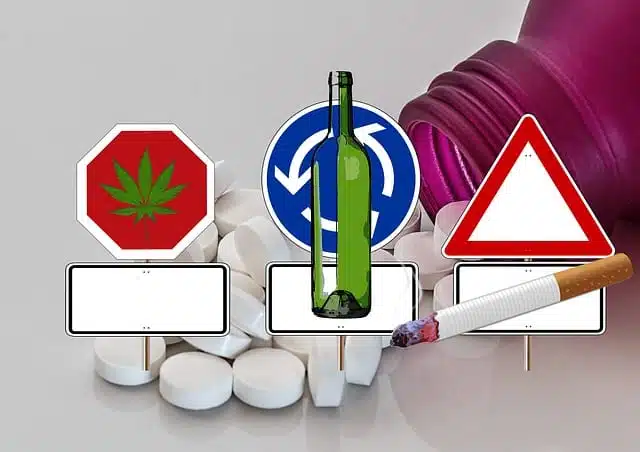Residential Treatment for Substance Abuse
Residential treatment for teen substance abuse is one of the most effective ways to make sure you don’t have a relapse. While outpatient programs can work, they are more difficult and that means there is more of a risk of old habits returning. No one plans for that but when life gets hard we all tend to regress.
When treatment is done in house, changes can be made to how a person views their use of substances both physically and mentally. When they leave the facility they have enough positive reinforcement that they can make better choices. They can also avoid the triggers that will lead them down a path of using the product again.
What is Substance Abuse and Addiction?
The use of illegal drugs or even prescription medication to a point where both your body and your mind crave them is substance addiction. It is also the use of alcohol excessively in the same way. When you use these types of products, your brain will change the way it processes information. As a result, you start to look for ways to get it and you start to crave more and more of it than you did in the past.
It is that frame of mind that can take a casual drinker to the point where they are doing it every single day. It is also that frame of mind that causes someone to say they will use a drug once to then using it on a daily basis. The brain is very complex and when you are battling against it you will often come up short.
Relapse to an Addiction
The brain is also what will cause many people with substance abuse problems to have a relapse. Without successful intervention, treatment, and support this can happen over and over again. These elements are all part of a successful residential treatment program for substance abuse. Treating the mental as well as the physical concerns associated with substance abuse is necessary to overcome it.
Detox
Before treatment can begin the body has to be cleansed of any remains of the alcohol or the drugs. This is known as the detoxification process and symptoms of withdrawal can be present. It is during that withdrawal period that so many people go back to using the substance. However, in a residential treatment facility that won’t occur. Instead, they will get help through the detox process. Then other methods of treatment will begin.
Education
Education is a key element for successful substance abuse treatment. Learning what the use of such products does to the mind and the body is very interesting. A comfortable and inviting atmosphere is offered to encourage such learning to take place. Education also helps people with substance abuse issues to overcome feelings of self-loathing and embarrassment for what they have gotten involved with.
Counseling While in Residential Treatment for Substance Abuse
Counseling is offered individually and in a group to help someone deal with how substance abuse has affected their lives. At the same time, they come to understand some of the underlying reasons why they have taken part in the use of it. By working through those problems and issues though they will be less likely to use such substances in the future to cope with them.
There is a 12 step program that works very well for those that have been involved with substance abuse. This begins in the residential treatment facility for substance abuse. It can take people different amounts of time to be ready to move into the next step of the program. This type of counseling also needs to continue on an outpatient basis after they complete the in-house program.
Rigid Schedule and Structure
A rigid schedule of events to be involved with and rules to follow are part of a successful residential treatment program for substance abuse. Everyone in the facility needs to follow them. Such a structure helps a person to focus on what they need to. It also helps them to have less time to think about their desire to use drugs or alcohol again.
Length of Substance Abuse Treatment Program
Such a program needs to be for at least 30 days. However, there are many programs that last up to a full year when it comes to substance abuse. Typically, 90 days at least is recommended. There is a very high rate of someone relapsing after only 30 days of residential treatment for substance abuse. It simply isn’t enough time to make the necessary psychological changes to overcome it.
Cost
The cost of such a program depends on the location of the facility and the type of program. It also depends on the insurance coverage that you have. Many facilities offer payment programs and reduced fees for those that don’t have insurance. The goal is to make sure anyone that needs residential treatment for substance abuse is able to get it in spite of the cost.
Here are additional resources you might be interested in:

What to Expect from a Residential Drug and Alcohol Treatment Program















